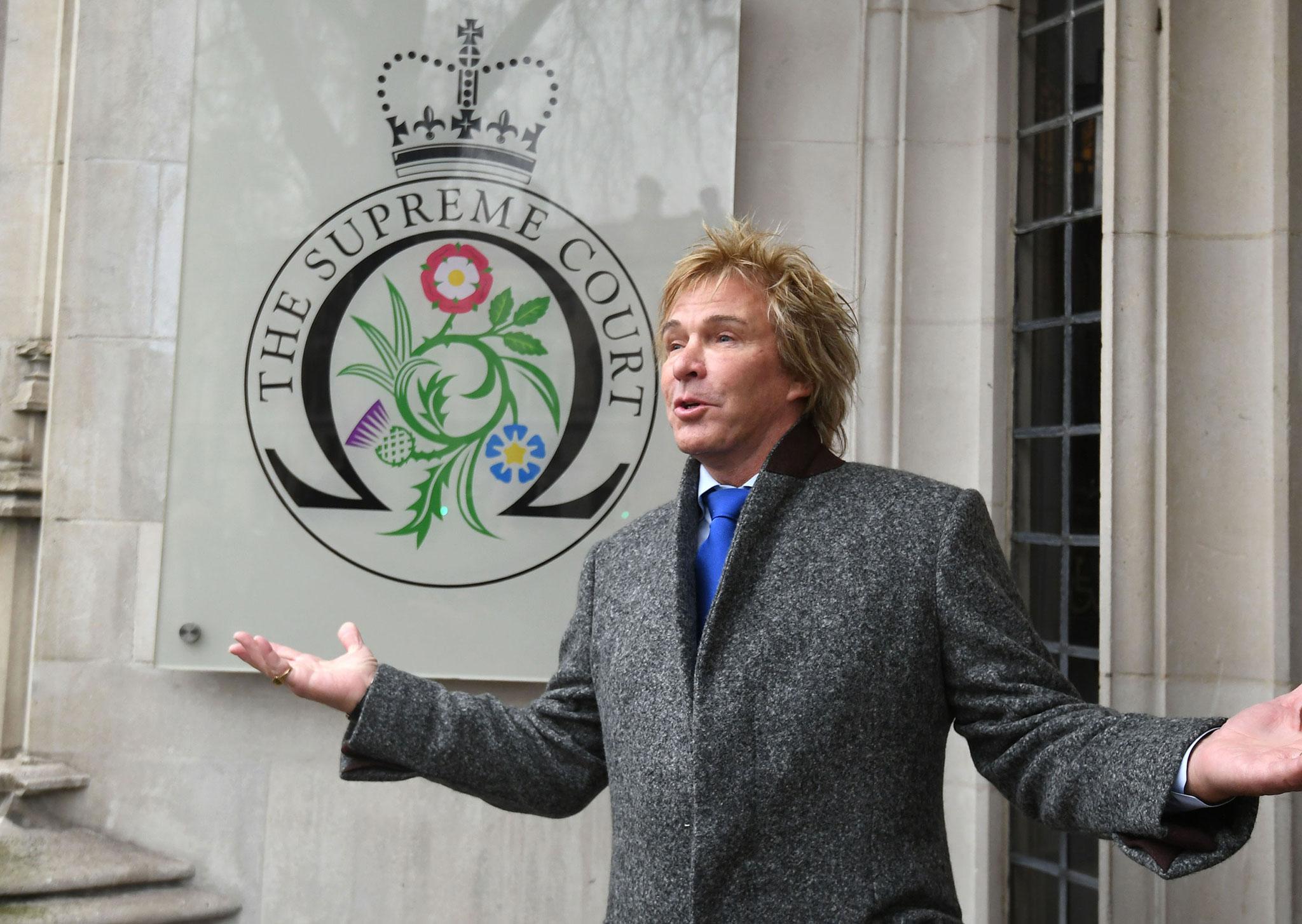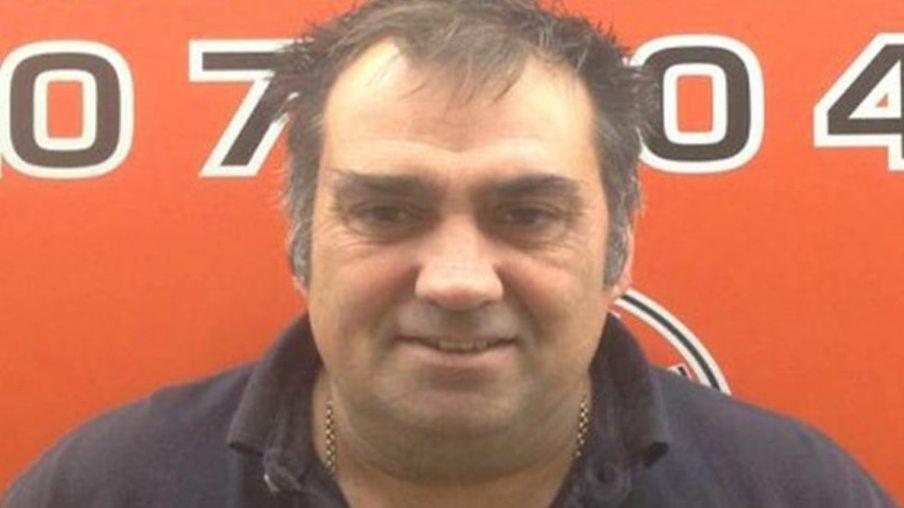Pimlico Plumbers case: What is the Supreme Court deciding and what does it mean for the gig economy?
Judges to decide whether Gary Smith was self-employed or a worker - ruling could have far-reaching consequences for others currently considered self-employed

The Supreme Court began hearing what could be a landmark case for gig economy workers’ rights on Tuesday
The UK’s highest court is considering an appeal brought by Pimlico Plumbers and the company’s chief executive Charlie Mullins.
The case centres on whether Gary Smith, who worked for Pimlico Plumbers between 2005 and 2011, was self-employed, as the company claims, or a worker.
If the Supreme Court rules that someone in Mr Smith’s position is a worker it could mean many other people will be entitled to rights such as holiday pay.
Thomas Linden QC told the five Supreme Court justices on Tuesday that Mr Smith was a "skilled tradesman".
This meant he was in a strong position as a self-employed contractor and could command high earnings, Mr Linden said.
The Court of Appeal ruled in February last year that Mr Smith was a worker. This meant that he was entitled to bring legal action against Pimlico Plumbers relating to disability discrimination, holiday pay and unauthorised wage deduction.
The case could potentially impact other gig-economy legal action against companies such as Uber as well as some courier firms.
The hearing is expected to last two days with judges then taking time to consider the case before reaching a decision.
What are the key facts of the Pimlico Plumbers case?
Gary Smith, from Kent, worked for Pimlico Plumbers between August 2005 and April 2011.
He suffered a heart attack in January 2011 and later sought to work three days per week instead of five as he had done previously.
Pimlico Plumbers refused to grant Mr Smith’s request and took away his branded van, which he had hired from the company. Mr Smith claims he was unfairly dismissed in May 2011.
He was registered to pay VAT and paid tax on a self-employed basis but he worked solely for Pimlico Plumbers.
The lower courts had decided that he was a worker rather than self-employed. The Court of Appeal said Mr Smith was a worker because he was required to do a certain number of hours’ work per week and to use a Pimlico Plumbers van while doing so.
What has Pimlico Plumbers said about the issue of workers’ rights in this case?
Pimlico Plumbers’ chief executive, Mr Mullins said the outcome of the case would have “huge ramifications” not just for trades such as plumbing and other parts of the construction industry but also in sectors such as the media and healthcare.
He said on Monday: “In isolation, the case we are fighting tomorrow started six years ago when a self-employed plumber, Gary Smith, who did work for Pimlico Plumbers decided that despite the fact that he had always known he was a self-employed contractor, decided that he would demand employment rights that only employees, not contractors, are entitled to.
“And now all these years later we find ourselves still fighting to prove that a man who took every advantage of being a self-employed plumber when it suited him is indeed a contractor.”
He added that employment law was unclear in this area and that he hoped the Supreme Court would provide clarity.

How important could the case be?
This decision in the case will be binding on lower courts meaning it could influence the outcome of other gig economy and workers’ rights cases currently making their way through the legal system.
The general secretary of the Independent Workers Union of Great Britain, Jason Moyer-Lee, said the rise of the gig economy means the issue of employment status is more important than ever.
“So far tribunals’ and courts’ interpretations of these issues have done quite well to keep up with the times — that’s why nearly all high profile ‘gig economy’ cases have declared the individual to be a worker, and consequently entitled to minimum wage rights and holiday pay,” he said.
“I expect the Supreme Court will do the same with the Pimlico Plumbers case.”
However, each case is to a certain extent unique with the legal decision depending on the particular circumstances.
Mr Mullins has argued there is “no comparison” between a skilled tradesperson, like a plumber earning £150,000 a year, and a bike courier or minicab driver, on close to the minimum wage.
“This is the distinction that we are hoping to make clear to the Supreme Court,” he said.
But Jonathan Chamberlain, a partner and employment specialist at Gowling WLG, warned that the case may not have the far-reaching impact that some have predicted.
“In theory this case is hugely important: a chance for the Supreme Court to clarify and codify the law on employment status for a generation,” Mr Chamberlain said.
“In practice, employment lawyers are sceptical it will make much difference.
“The issues are so fact-sensitive and, so long as there is such a disparity in the tax treatment of the self-employed, companies will tweak and polish their business models to take advantage of that.
“The law can be clear enough but facts rarely are.”
Join our commenting forum
Join thought-provoking conversations, follow other Independent readers and see their replies
Comments
Bookmark popover
Removed from bookmarks